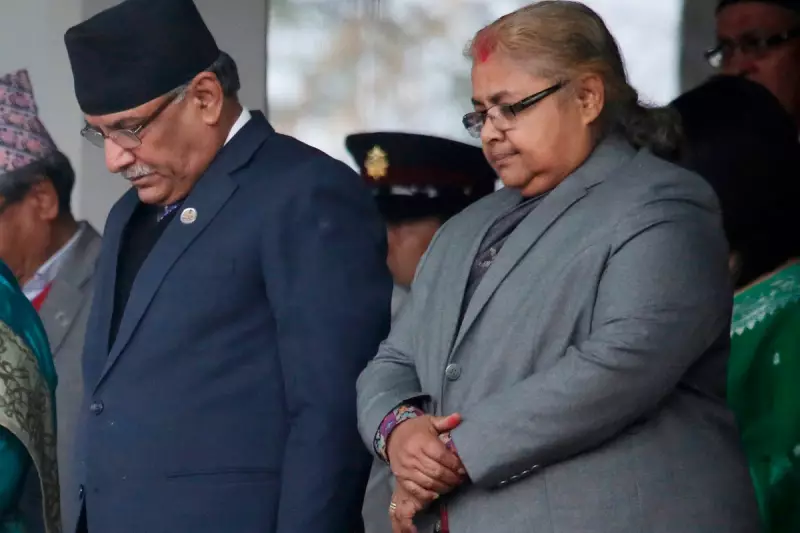
In an unprecedented political breakthrough that shatters Nepal's patriarchal glass ceiling, Chief Justice Sushila Karki has been appointed as the nation's first female Prime Minister.
The historic parliamentary decision marks a transformative moment for gender equality in the Himalayan republic, where women have historically been excluded from the highest echelons of power.
A Judicial Leader Takes Executive Helm
Justice Karki, who has served with distinction as Nepal's first female Chief Justice, brings considerable legal expertise and judicial integrity to the role. Her appointment comes during a period of significant constitutional implementation following Nepal's transition to a federal democratic republic.
The cross-party consensus supporting her nomination demonstrates the growing recognition of women's leadership capabilities in Nepalese politics.
Breaking Cultural Barriers
Nepal's political landscape has traditionally been dominated by male leadership, making Justice Karki's appointment particularly significant. Her elevation to Prime Minister represents not just a political milestone but a cultural shift in a society where women have fought for representation at all levels of governance.
This appointment follows constitutional reforms that have increasingly promoted women's participation in politics, including mandatory representation requirements in parliament.
Challenges and Opportunities Ahead
Justice Karki assumes office amid ongoing challenges in implementing Nepal's federal structure and addressing economic development needs. Her legal background is expected to bring a measured, constitutional approach to governance.
International observers have welcomed the appointment as a positive step toward inclusive governance in South Asia, where female political leadership remains exceptional.
The eyes of the world now turn to Kathmandu as Justice Karki prepares to lead Nepal's government, potentially inspiring greater female political participation across the region.






